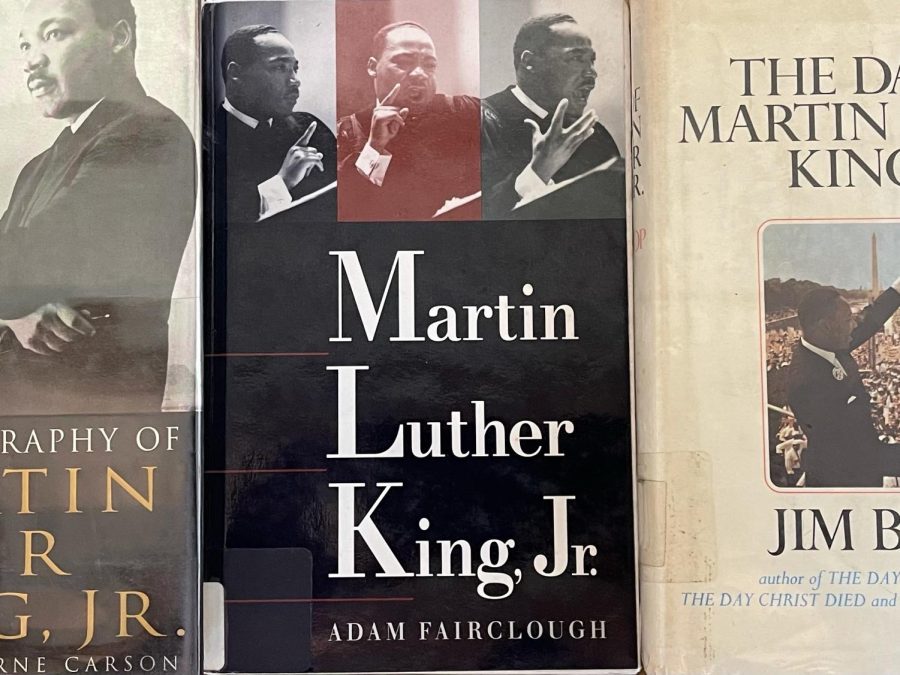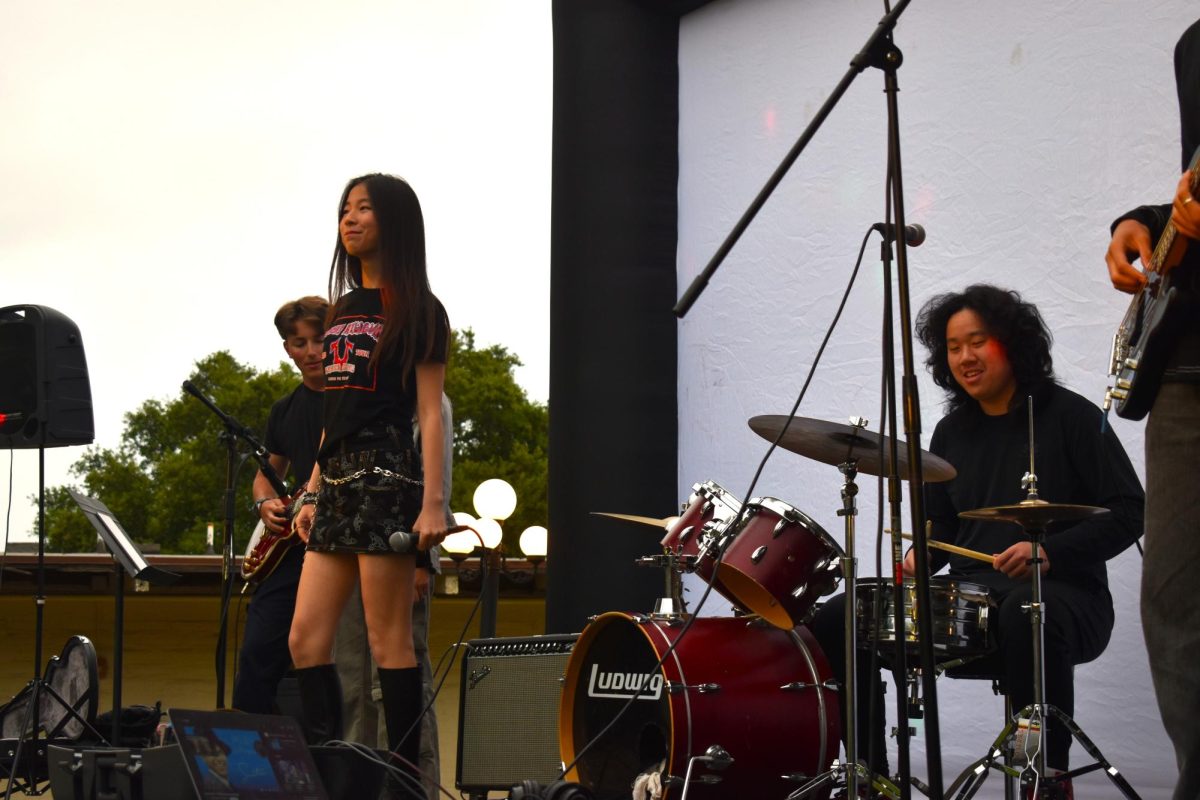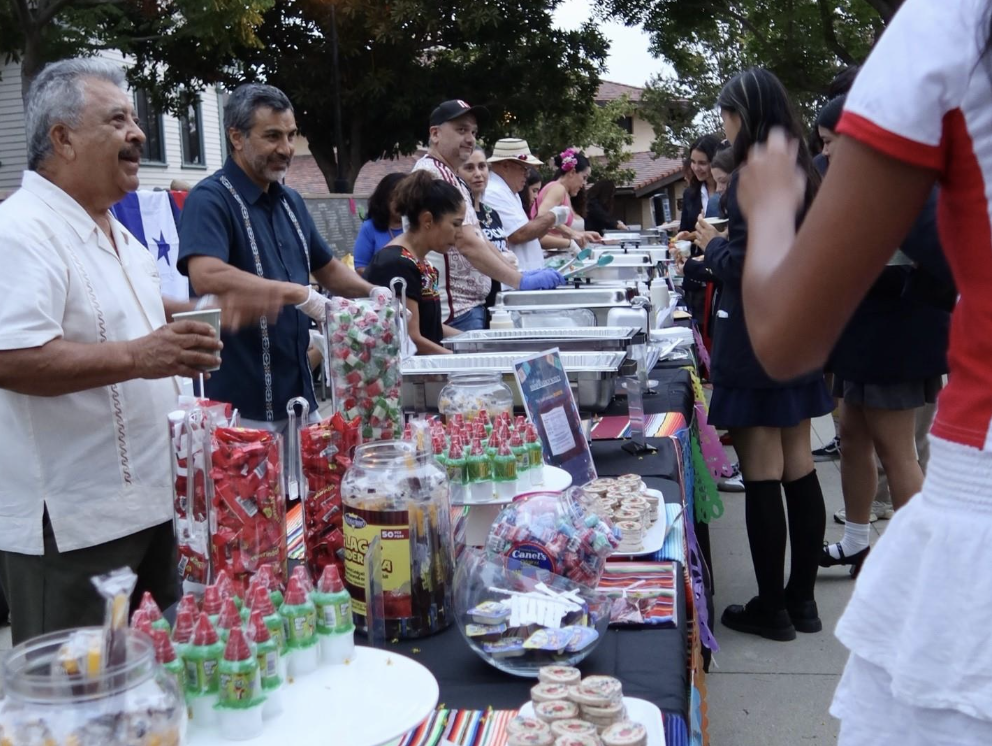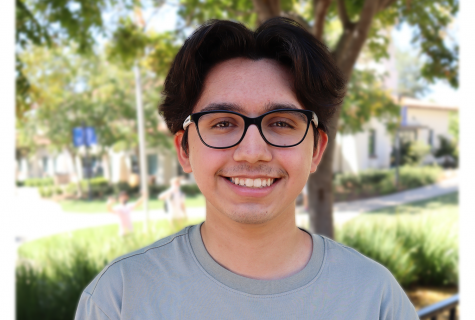Martin Luther King Jr. Day, a national holiday that almost never came to being, is celebrated every year on the third Monday of January by American citizens. Around the country, we gather to remember and acknowledge the work done by Martin Luther King Jr. and his legacy. But what exactly is the legacy of MLK, and what does this national holiday stand for in 2022?
“I think oftentimes MLK is seen monolithic, as a person who just wants peace and reconciliation and for everyone to get along,” said John Choi, Director of Equity. “But I think there is a radical side to MLK that we don’t talk about that demands justice. I think that’s an aspect that we have to think about, the radical part of what he represented, and oftentimes is somewhat watered down.”
Dr. Martin Luther King Jr. was a Baptist minister born on January 15th, 1929, in Atlanta, Georgia, to a comfortable middle-class family during the peak of racial segregation and prejudice. Like most of his family members, King was a well-educated individual, attending Morehouse College in 1944, Crozer Theological Seminary in 1948, and Boston University, where he received his Ph.D. in 1955. There, he learned the non-violent practices of Mahatma Gandhi and would use these strategies during protests against racial segregation.
His efforts were crucial in the passing of the Civil Rights Act of 1964 and the Voting Rights Act of 1965, which banned discrimination based on race, religion, or race and limited racial restrictions for voting respectively. Unfortunately, his life was cut short when, on April 4th, 1968, he was assassinated, marking the death of one of the most influential and successful civil rights activists in American history.
Immediately after his death, people called for a national holiday in his honor, but these praises were, at first, met with racial opposition, and culminated in Congress denying passing the legislation that would make King’s birthday, January 15th, a national holiday. After repeated calls and protests to create the national holiday, about thirteen years later, Congress passed the bill that dedicated the third Monday of January in honor of Martin Luther King Jr.
The passing of the Civil Rights and Voting Rights Acts were efforts that relied on King’s use of nonviolent tactics to achieve political change; however, it is important to remember that although King preached the use of nonviolence, this fact does not necessarily imply that he was reposeful.
In this sense, there is a distinction to be made about the type of resistance King employed versus the intent or action behind it. Peaceful change was, at all times, the goal and purpose of MLK’s work, and almost all of the thousands of people who rallied behind him felt the same way. The struggle of ending racial segregation was one that, in MLK’s mind, could only be attained through nonviolent protests; however, as Mr. Choi mentioned, there was an aspect of MLK that charged urgency and demanded justice. People needed to take action now (meaning the 60’s), at this exact moment, to get up and stand up against the powers that withheld equality.
As young adults and Webb students, it’s rightfully impractical to expect that our singular voices and actions could be enough to change the status quo, but together, we should set the example for others and empower them so that, by our example, they will align themselves with us and make our combined voice more heard.
“I think a lot of times there is this idea that students and kids don’t have as educated or as knowledgeable of a voice,” Nicholas Lee (‘22) said. “In reality, if you look at a lot of these current social movements and a lot of movements that have changed the world in recent years, they have been ultimately led by the youth. Some may say it’s because of idealism, because we’re coming from a point and perspective of a person that doesn’t have a job or anything, but I think it’s because we see the world through a lens of what we imagine can be…I think a Webb student really has this responsibility or role to be not only advocates but to make sure that the institutions they are a part of stay aware of what’s going on.”
There is also another aspect of Martin Luther King Jr.’s legacy that lives on today; the early 21st century to present-day shows that younger and more diverse generations of people are becoming activists and taking to social media to speak about global issues, not just American ones.
“If anything, we can list a whole bunch of civil rights leaders and activists that went beyond looking for equity between black and white people but also socioeconomic status, wealth inequities, and even undocumented citizens,” Mr. Choi said. “I think the best example of that is what we’ve seen in the past two years.”
“The most exciting part is that we are seeing people from all different races, socioeconomic statuses, educational backgrounds, and age groups who are getting involved in politics and the social policies of this world. It spread from beyond the U.S. and to a lot of other places. The point is, [younger people] are so much more socially and globally aware of things and it matters more to them to make change…”
This social and global awareness, as Mr. Choi mentions, gives our generation the opportunity to establish new precedents and set the record straight: we don’t stand down.















